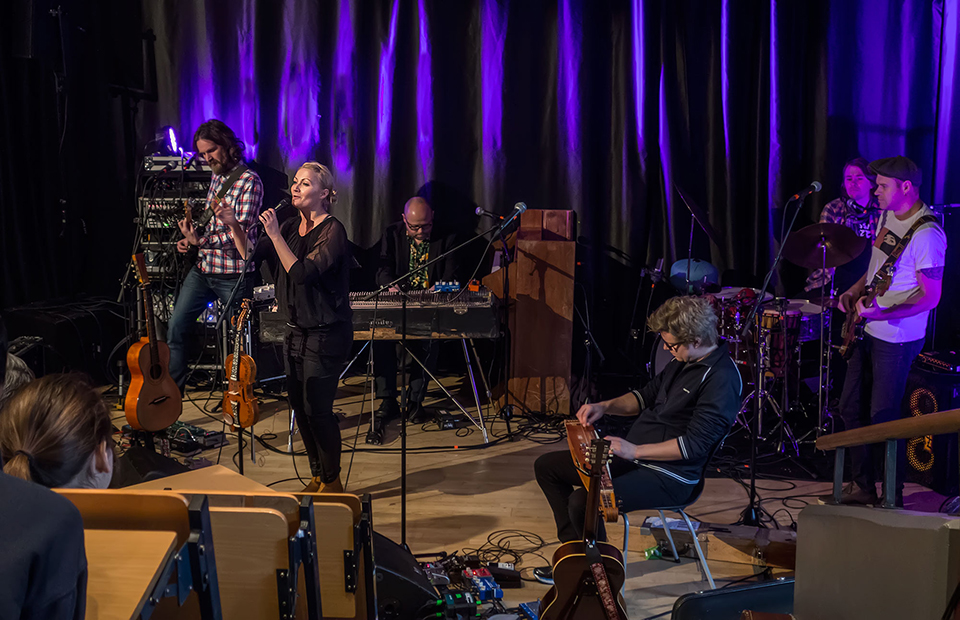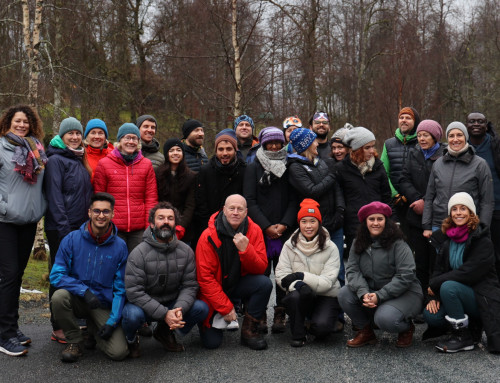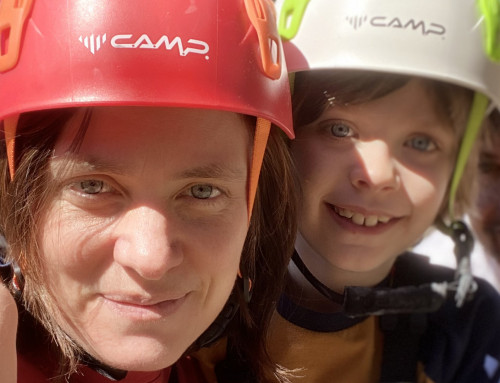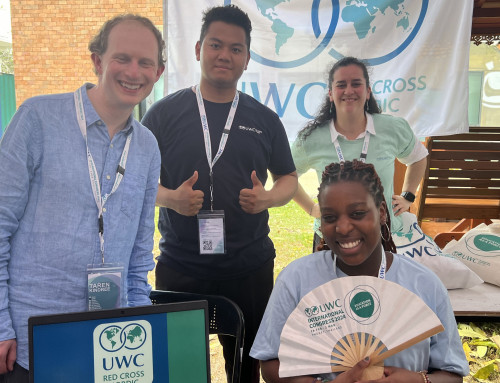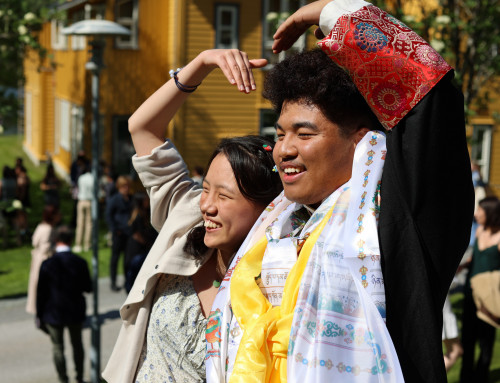Sigrid Moldestad (from Nordfjord in our own county) and her band came to the College recently as part of the ‘Cultural School Bag’ Tour. It was a fantastic performance of folk-inspired music and the band received a standing ovation from the full auditorium at the end.
Here is a co-written response by Arne Osland (Director of Development) and Tove Veierød (Chair of the UWC RCN Board) on the relevance of cultural exchanges inspired by the music and lyrics.
The Dialogue of Giving and Receiving
Our College was set up as a meeting place for dialogue between people who represent differences in culture. As we are entering a new year we have been painfully – and blissfully reminded of the value of our mission. The Nobel Peace Prize ceremony at the end of the year was an appreciation of the values that education represents for peace. Entering into a new year, we have seen dramatic events in Europe, Africa and the Middle East that someone (questionably) would describe as the clash of civilizations. We hear about violence used as a method to address issues that have a cultural component and a fear of this leading to increased tensions between countries and inside our multicultural societies. Without entering into the big debate about freedom of expression, let us dwell on a recent cultural event at the College.
UWC RCN provides a remarkable number of high quality cultural events. Some of these are made possible by “the Cultural School Bag”. Recently this frame work allowed us to welcome a packed auditorium of RCN students and patients from Haugland Rehabilitation Centre to enjoy Sigrid Moldestad and her music based on the (ny-) Norwegian lyrics of Jan-Magnus Bruheim. The concert confirmed the thought that local culture also has the capacity of a more universal resonance. The band members were clearly surprised by the spontaneity of the response they received when performing the only song that was pure folk music. It was the last day of this tour, and according to the band – by far the best. They felt
lifted by the audience, who first of all had been gracefully lifted by the spirit of the music. The final song “Trø ikkje inn i stilla” needs to be heard. When being put in front of this beautifully performed melody, you feel the value of the words:Trø ikkje inn i stilla/støkk ikkje tagal bror/somt er for reint til å røre ved/somt er for heilagt for ord
Don’t step into silence/frighten not silent brother/something is too pure to be touched/something too sacred for words
Let me first of all be clear; none of us have the right to sanction the thought and emotions of others. But at the same time we need to sensitize ourselves to what the person we meet holds dearly, or with the words of the poet – sacred. In the poem this is being expressed in an unspecified, general way; with the underlying understanding that we all have sacred zones – weather we believe in a higher being or not.
These can be connected with experiences that are of the most personal or interpersonal nature and is central in defining who we feel we are. Tread careful with these – listen to the other – try to understand – and then make your contribution in trying to express who you are and what you value. Our students were put in front of humble words, dressed in masterly music. A rare moment of coming together, understanding with our ears, the expression of a local poet, brought alive by the power of more contemporary music. A dialogue of giving and receiving. Let us bring this into the New Year, in the continuing quest to make education a uniting force.

